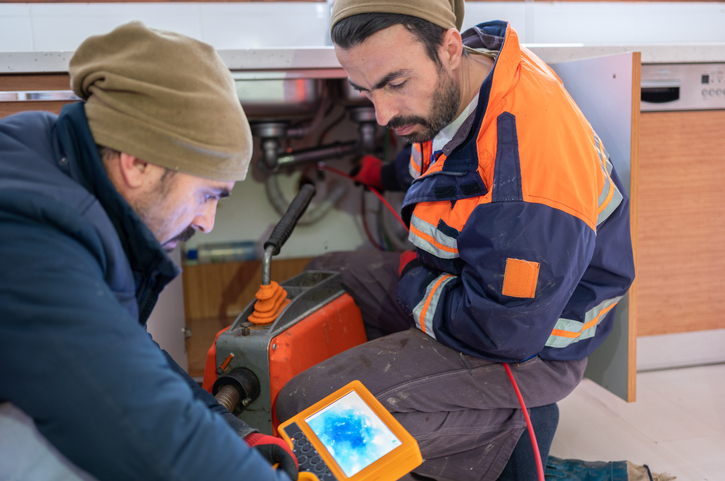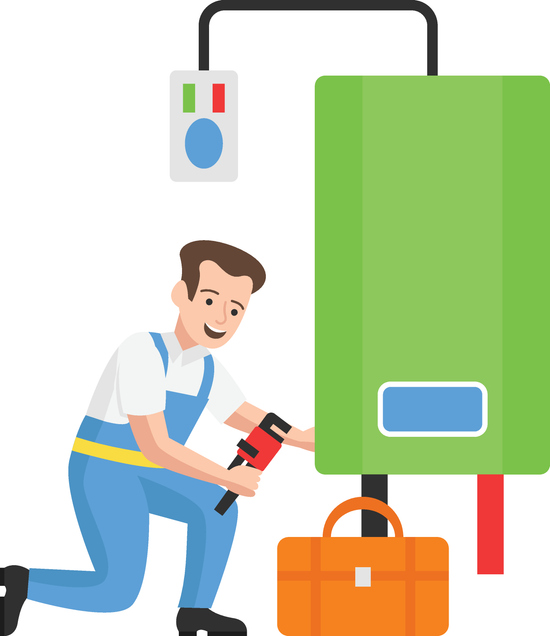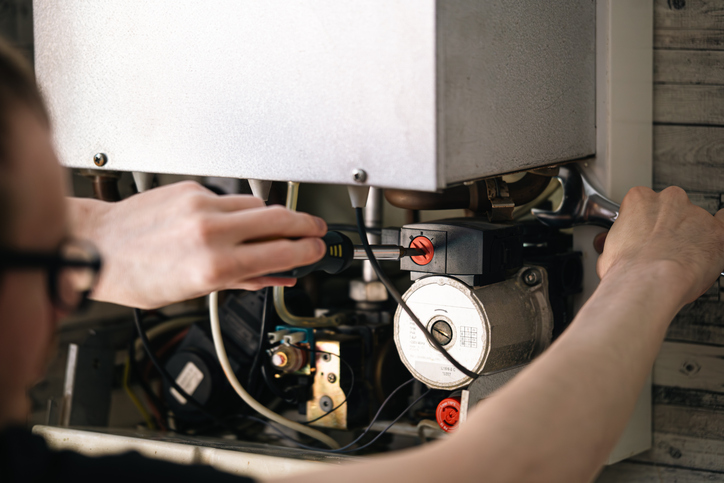When it comes to maintaining a comfortable and safe home, many homeowners ignore the importance of regular drain line cleaning. Over time, debris, grease, soap scum, hair, and other materials build up inside your drains, leading to potential blockages and even plumbing problems. While regular cleaning can keep your pipes functioning smoothly, the question remains: How often should you schedule professional drain and sewer line cleaning? In this guide, we’ll explore the key factors influencing your drain cleaning schedule and help you understand when to call in a professional.
1. Understanding the Need for the Cleaning
Regular cleaning is an essential maintenance task that helps keep your plumbing system functioning properly. Over time, waste and debris can accumulate in your pipes, leading to slow drainage, foul odors, or even clogs. Regular cleaning helps prevent these issues, ensuring that your drains continue to operate efficiently. While minor buildup can often be addressed with home remedies, a professional cleaning service guarantees a thorough and long-lasting solution. This is why it’s important to understand how often to schedule this service to avoid future complications.
2. Factors That Influence the Frequency
The frequency with which you should schedule professional drain line cleaning largely depends on a few critical factors. The size of your household, the amount of wastewater generated, and the condition of your plumbing system all play a role. Larger households with multiple people using sinks, showers, and toilets daily will experience faster buildup in their drains. Similarly, older homes with aging pipes may require more frequent attention. Understanding these factors will help you determine how often professional cleaning should be performed to avoid future plumbing issues.
3. Signs That Your Drains Need Cleaning
While it’s recommended to schedule routine cleanings, certain signs should prompt you to call in a professional sooner. Slow-draining water, persistent odors, gurgling noises from your pipes, or frequent clogs are all signs that your drains may be congested. If you notice these symptoms, it’s best to address them before they escalate into more severe issues, such as a complete blockage or even pipe damage. Catching these problems early guarantees that your plumbing system remains in good condition and reduces the risk of costly repairs down the line.
4. General Recommendations
In general, it’s recommended that homeowners schedule professional cleaning at least once every 1 to 2 years. This frequency helps maintain the efficiency of your plumbing system and prevents minor buildups from becoming major problems. For homes with higher usage or older plumbing, you may want to schedule cleaning more frequently, perhaps once a year. This will help to avoid common issues such as slow drains or unpleasant odors, ensuring that your plumbing system is in good working order.
5. Seasonal Considerations
Seasonal changes can also impact how often you need to clean your drains. During the winter months, you may experience freezing temperatures that could cause clogs or even burst pipes. In contrast, spring and summer months often bring an increase in household activity, with more cooking, cleaning, and bathing leading to additional strain on your plumbing system. Scheduling this task at the start of each season helps to address potential issues before they become major problems, making it a good preventative maintenance practice.
6. Preventing Larger Plumbing Issues
It can help prevent larger plumbing issues, such as pipe corrosion, leaks, or even tree root infiltration. When drains become clogged, water may back up and create pressure within your pipes, potentially causing damage. Over time, this pressure can cause pipes to crack or burst, leading to expensive repairs. Scheduling professional services helps eliminate the buildup of debris that can contribute to these problems, ensuring your plumbing system remains in excellent condition for years to come.
7. DIY Drain Maintenance Between Professional Cleanings
While a professional service is essential, there are some steps you can take between cleanings to maintain your drains and keep them free from buildup. Using drain strainers in sinks and tubs to catch debris, avoiding pouring grease or food scraps down the drain, and flushing your pipes periodically with hot water can all help reduce the need for frequent professional cleaning. Regularly performing these simple tasks can extend the time between professional cleanings and reduce the chances of clogs and odors in your drains.
8. The Cost of Professional Cleaning
The cost can vary depending on your location, the complexity of the job, and the size of your plumbing system. However, the cost of preventative cleaning is relatively low compared to the cost of emergency plumbing repairs. Clogged or damaged drains can lead to costly repairs, water damage, and even a decrease in the value of your home. By scheduling regular cleanings, you can save money in the long run by preventing these expensive issues from arising. Keep in mind that investing in regular maintenance is always more affordable than dealing with significant damage later on.
Whether you are dealing with frequent clogs or want to keep your system in optimal condition, scheduling routine cleanings can prevent larger issues and keep everything running smoothly. Understanding the factors that affect your cleaning needs and recognizing the signs of plumbing problems is essential in determining how often to call a professional. By staying proactive, you can ensure your plumbing stays healthy and avoid costly repairs down the road.
If you haven’t scheduled a drain cleaning recently, don’t wait until problems arise. Contact our professionals at Love Home Services at 909-762-8158 today to ensure your drains remain clear.






